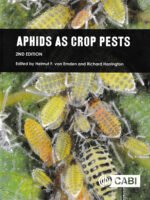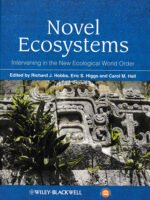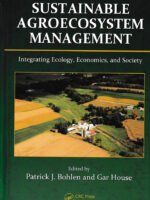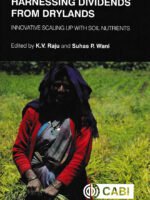The Worlding of Arabic Literature argues that an ethical translation of a work of Arabic literature is one that transmits the literariness of the source text by engaging new populations of readers via a range of embodied and sensory effects. The book proposes that when translation is conceived of not as an exchange of semantic content but as a process of converting the affective forms of one language into those of another, previously unrecognized modalities of worldliness open up to the source text.
In dialogue with a rich corpus of Arabic aesthetic and linguistic theory as well as contemporary scholarship in affect theory, translation theory, postcolonial theory, and world literature studies, this book offers a timely and provocative investigation of how an important literary tradition enters the world literary system.
The Worlding of Arabic Literature: Language, Affect, and the Ethics of Translatability is available from the publisher on an open-access basis.









Be the first to review “The Worlding of Arabic Literature: Language, Affect, and the Ethics of Translatability”